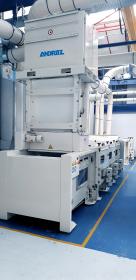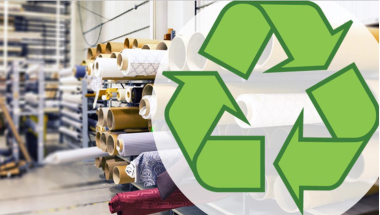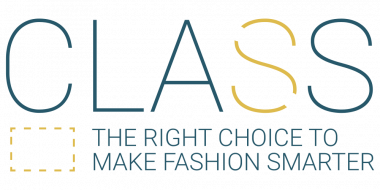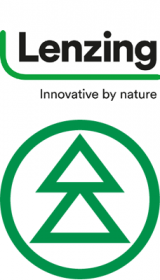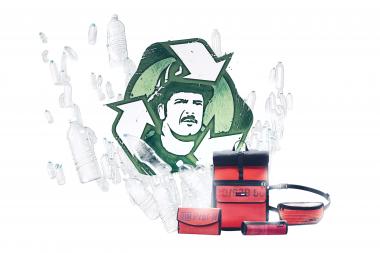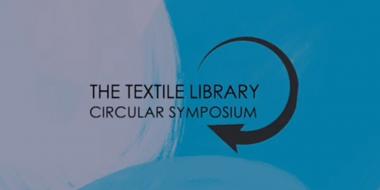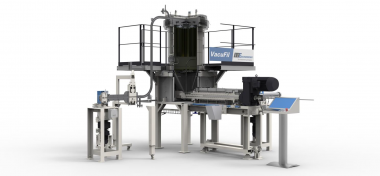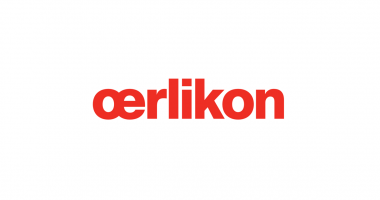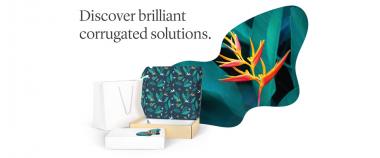Lenzing: Earnings more than doubled in the first half of 2021
- Strong operating result: EBITDA at EUR 217.8 mn, cash flow from operating activities at EUR 199.8 mn
- Major strategic projects continue fully on track – production start of the lyocell plant in Thailand in the fourth quarter of 2021
- Start of strategic cooperation agreement for textile recycling with Södra
- New milestones in the implementation of group-wide carbon neutrality: EUR 200 mn investment in existing locations in Asia
- Guidance 2021: Lenzing expects EBITDA of at least EUR 360 mn
The Lenzing Group reported a significant improvement in revenue and earnings in the first half of the year. Growing optimism in the textile and apparel industry and the ongoing recovery in retail caused a substantial increase in demand and prices on the global fiber market, in particular at the beginning of the current financial year.
Revenue rose by 27.5 percent to EUR 1.03 bn in the first half of 2021. This increase is primarily attributable to higher viscose prices, which stood at more than RMB 15,000 in May thanks to significantly higher demand for fibers, especially in Asia. The focus on wood-based specialty fibers such as TENCEL™, LENZING™ ECOVERO™ and VEOCEL™ branded fibers also had a positive impact on the revenue development; the share of specialty fibers in fiber revenue rose to 72.8 percent in the reporting period. The negative impact of more unfavorable currency effects was consequently more than offset.
The earnings development essentially reflects the positive market development and was additionally reinforced by measures to improve efficiency. Energy and logistics costs increased significantly throughout the entire reporting period. EBITDA (earnings before interest, tax, depreciation and amortization) more than doubled and amounted to EUR 217.8 mn in the first half of 2021 (compared to EUR 95.6 mn in the first half of 2020). The EBITDA margin rose from 11.8 percent to 21.1 percent. Net profit for the period amounted to EUR 96.1 mn (compared to a net loss of EUR minus 14.4 mn in the first half of 2020) and earnings per share to EUR 3.06 (compared to EUR 0.06 in the first half of 2020).
“Lenzing had a very strong first half-year. The demand for our sustainably produced specialty fibers once again developed excellently,” says Stefan Doboczky, CEO of the Lenzing Group.
Lenzing AG






